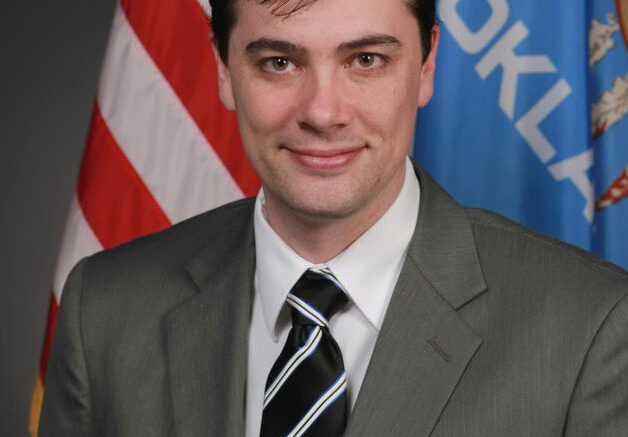I remember that day in 2009 as one of those busy days in which I struggled to keep up with work. I was almost certainly tempted to direct my legislative assistant to refuse all visitors so that I could get my work done; however, I didn’t feel right about doing that and instead said, “If anyone comes in, please let them know that I can only meet for five minutes.”
My next visitor took far longer than five minutes. And I am glad he did.
It was my first meeting with Mark Costello. He wanted to introduce himself, planned to run for Labor Commissioner and said he would implement a policy of refusing lobbyist-directed campaign contributions. He would be his own man, not subject to the whims of special interests.
We instantly formed a common bond on the issue of refusing special interest contributions; nonetheless, I didn’t just take Costello’s word that he would be his own person. Far too many seek office on a great platform only to become very different once elected.
Would Costello stay true to his word?
Over the next few years, I paid attention to his actions.
Here’s what I observed.
Costello had chosen the preferable career path to public service. He had first successfully built his own business and had both the resources to self-finance much of his campaign and the perspective of a proven business owner.
He didn’t need to take from special interest groups. This freed him to be his own person, say what needed to be said, and do the right thing without fearing the loss of support of any group or financier.
This didn’t mean everything would be easy for Costello.
Throughout the first two years following his election, Costello had a rocky relationship with the Legislature.
Costello was too real for the world of politics.
He had come from the business world where decision making was first based on merit, performance and reality. It was a challenge for Costello to come to terms with a world where decision making was sometimes based on political power, special-interest influence, the double-dealing of politicians and then perhaps on merit.
Costello and his team had almost immediately uncovered an array of inefficiencies, incompetence and even corruption. For a variety of reasons, the Legislature wasn’t quick to act on Costello’s findings.
Costello could have easily become discouraged and given in to the gripping cynicism which haunts so many of those, who like Costello, seek to do the right thing but can’t come to terms with the dastardly nature of politics.
He didn’t.
He instead quickly learned the extremely complicated art form of adapting to the political environment while not compromising principle, belief or desire for reform. He earned the respect of many in the Legislature, even those who had initially opposed him.
Throughout the years, I would learn something new each time I talked to him. He was well-informed, deeply analytical and quite skillful at understanding and communicating the nuance of legislative affairs. I very much benefited from his insights.
I never saw evidence that Costello changed after becoming an office holder. He remained a public servant who stayed committed to the principles and values on which he had campaigned.
As I think back to that busy day in 2009, I can’t remember the specifics of the work which might have tempted me to not receive visitors; however, I sure do remember that first meeting with Mark Costello. Knowing him over the past six years and witnessing his encouraging example, have been a great benefit to me and no doubt many others as well.
He has proven that it is possible for principled people to win office and stay true to principle.
Thank you for reading this article. Your interest and input are much appreciated. Please do not hesitate to email Jason.Murphey@hd31.org with your thoughts and suggestions.




Be the first to comment on "Losing a kindred spirit"